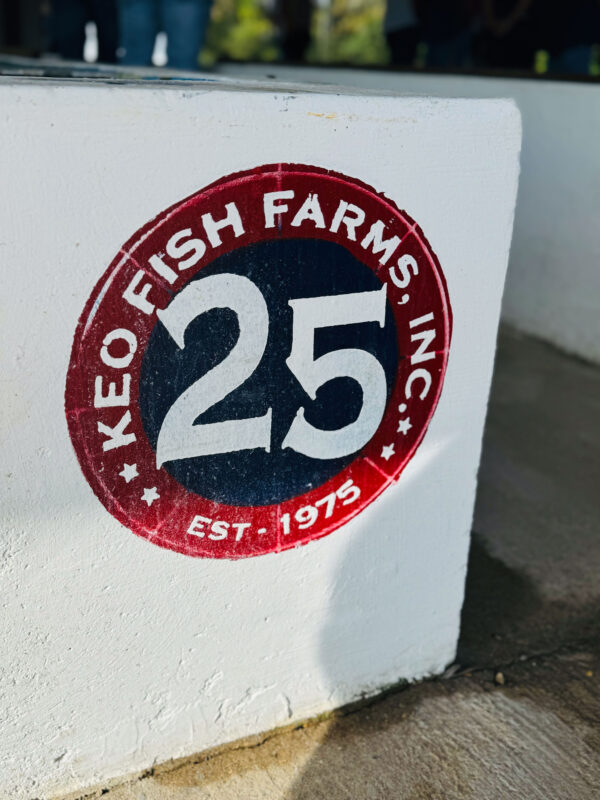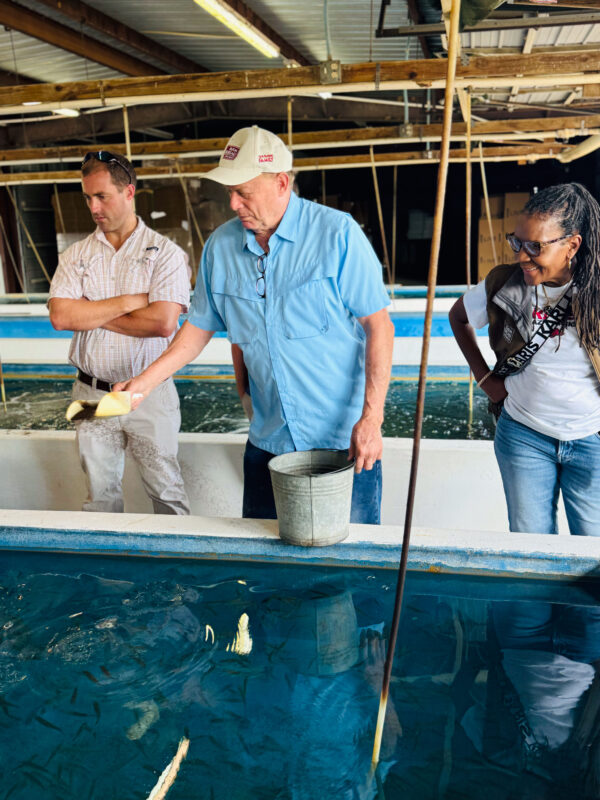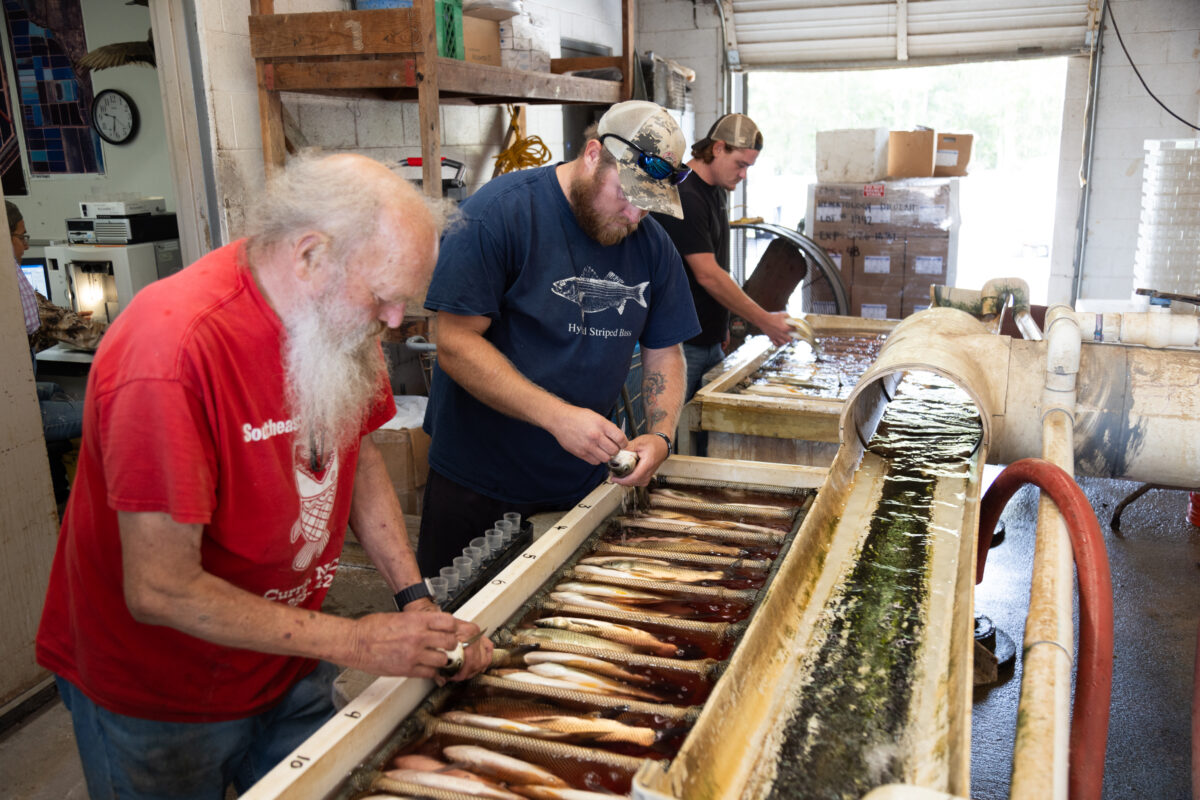In a move toward sustainability and operational efficiency, Keo Fish Farms, Inc. has made a significant investment in renewable energy by moving forward with an 856-kilowatt (kW) solar array at its Lonoke County facility. This $1.5 million project is expected to yield substantial savings, including projected year-one savings of $110,726 and $4.1 million in savings over the next 30 years.
Keo Fish Farms, the world’s leading producer of hybrid striped bass and one of the top three producers of sterile grass carp in the U.S., partnered with Delta Solar to make this project a reality. Initially, Mike Freeze, co-owner of Keo Fish Farms, was skeptical about the benefits of switching to solar energy due to concerns about the financial investment and the impact on land use. However, it was Seth Summerside, General Manager at Keo Fish Farms and Freeze’s son-in-law, who ultimately convinced him of the long-term benefits.
“Farmers are the ultimate conservationists,” Summerside explained. “I believe aquaculture has the potential to be the safest, most sustainable agricultural product and provide more to the environment than it takes. Solar power is one step in that direction. “By adopting solar power, Keo Fish Farms is taking control of one of its largest operational costs—energy. Converting a variable cost to a predictable cost allows for greater flexibility on the farm and increased financial stability.
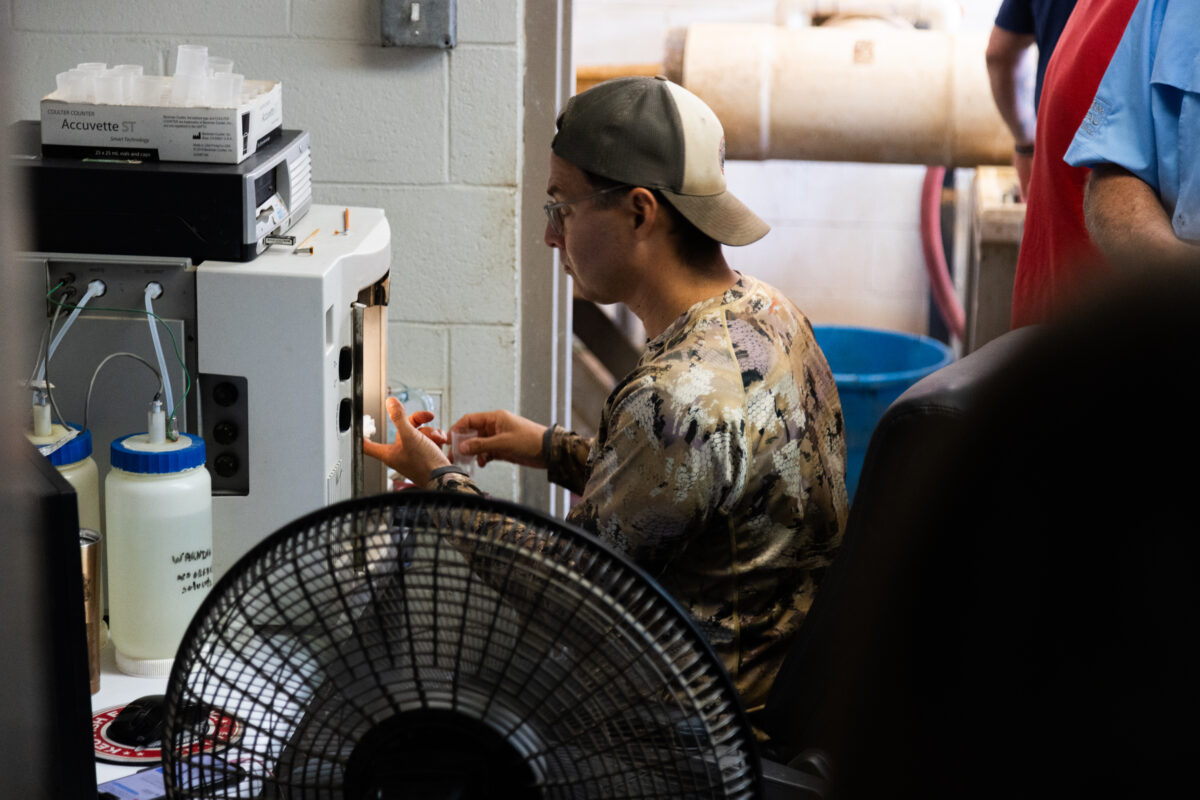
“Keo Fish Farms is investing in both their business and the community in which they live,” said Delta Solar CEO Doug Hutchings. “Working with First Electric to build a solar facility that complements the local grid creates value for everyone.”
A critical aspect of the solar investment was securing one-to-one (1:1) net metering, a policy that allows farms and businesses to bank excess energy generation and use it later without any penalties. This policy, which was available until Oct. 1, acts like an ATM: surplus energy is deposited, used by others in the area, and later retrieved by Keo at full value.
“Being ‘grandfathered’ under the 1:1 Net Metering policy was essential in maximizing the value of our solar array,” said Freeze. “We appreciate First Electric Cooperative’s collaboration in helping us design this project and secure legacy status before the policy change. We will continue to be a good customer of First Electric with bills that are reduced but still cover the cost of servicing our facility.”
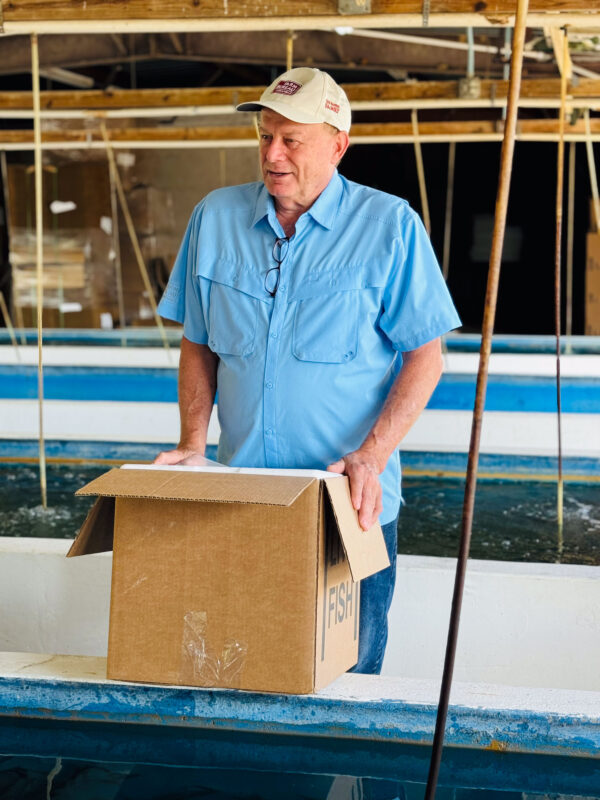
Unfortunately, for many potential solar adopters in Arkansas, that window has closed. The new solar regulations, reduce the value of stored solar energy to as low as 25% of its original value, which could drastically reduce the financial incentive for others to follow Keo Fish Farms’ lead.
“Any reduction in expenses is an opportunity to reinvest in our family farm and ultimately the surrounding community where our workforce lives. This policy change means many fellow farmers and local businesses will miss the chance to lower their energy costs in a similar way,” Summerside noted.
“Every operation needs to make decisions based on what’s best for their specific circumstances. For Keo Fish Farms, being a leader in sustainable agriculture includes achieving financial sustainability through lower electricity costs. This underscores the importance of forward-thinking policies that promote renewable energy adoption.”
